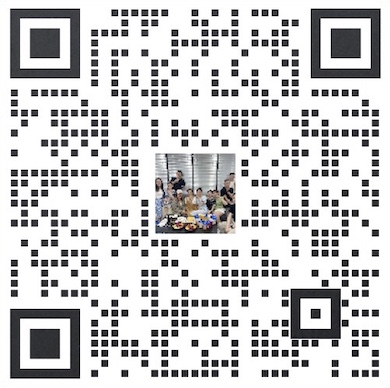
7x9小时
9:00am - 6:00pm
免费售前热线
13338363507
Data Ownership and Access Control: Establishing Clear Protocols in CRM Systems
2024-02-06
In today's digital age, data ownership and access control are critical components of customer relationship management (CRM) systems. With the increasing amount of data being collected and stored by businesses, it is essential to establish clear protocols for data ownership and access control to ensure the security and privacy of customer information.
Data ownership refers to the rights and responsibilities associated with the data collected and stored within a CRM system. It is important for businesses to clearly define who owns the data and how it can be used. This includes establishing guidelines for data collection, storage, and usage, as well as determining who has the authority to access and modify the data.
Access control, on the other hand, refers to the mechanisms and policies put in place to regulate who can access the data within a CRM system and what level of access they have. This is crucial for protecting sensitive customer information and preventing unauthorized access or misuse of data.
Establishing clear protocols for data ownership and access control in CRM systems is essential for several reasons. Firstly, it helps to ensure compliance with data protection regulations such as the General Data Protection Regulation (GDPR) and the California Consumer Privacy Act (CCPA). These regulations require businesses to have clear policies and procedures in place for managing and protecting customer data.
Secondly, clear protocols for data ownership and access control help to build trust with customers. When customers know that their data is being handled responsibly and securely, they are more likely to feel confident in sharing their information with the business. This can lead to stronger customer relationships and increased loyalty.
Furthermore, clear protocols for data ownership and access control can help to prevent data breaches and security incidents. By limiting access to sensitive customer information and implementing strict controls on data usage, businesses can reduce the risk of unauthorized access and data leaks.
So, how can businesses establish clear protocols for data ownership and access control in their CRM systems? Firstly, they should clearly define the roles and responsibilities of individuals within the organization who have access to the CRM system. This includes specifying who has the authority to access, modify, and delete data, as well as establishing procedures for granting and revoking access rights.
Additionally, businesses should implement strong authentication and authorization mechanisms to control access to the CRM system. This may include using multi-factor authentication, role-based access control, and encryption to ensure that only authorized individuals can access the data.
It is also important for businesses to regularly review and update their data ownership and access control protocols to ensure that they remain effective and compliant with regulations. This may involve conducting regular audits of data access and usage, as well as providing ongoing training and education for employees on data security best practices.
In conclusion, establishing clear protocols for data ownership and access control in CRM systems is essential for protecting customer information, ensuring compliance with data protection regulations, and building trust with customers. By defining data ownership, implementing strict access controls, and regularly reviewing and updating protocols, businesses can effectively manage and protect the data within their CRM systems.
↓Scan code to addqiqueadviser↓

↑Learn more digital scenes↑
Extended Reading:
Consent Management in CRM: Navigating Privacy Regulations in Segmentation Transparency in CRM Segmentation Practices: Communicating Policies Ethical Considerations in CRM Segmentation: Building Trust with Users GDPR Compliance in CRM Customer Segmentation: Protecting Privacy CRM Customer Segmentation for Product Development: Aligning with Market Needs Targeted Customer Communications: Enhancing Engagement through Segmentation Cross-Sell and Upsell Opportunities in CRM Customer Segmentation Integrating Social Media Analytics with CRM: Maximizing Segmentation Insights CRM-Driven Personalized Campaigns: Targeting Segments with Precision Persona-Based CRM Strategies: Adapting Customer Segmentation for Marketing more>>
Useful
Useless
Share on WeChat
Open within mini program
![]()
Open WeChat to "scan" and forward to friends
Open WeChat "Scan" and open it in the mini program
关闭预览


